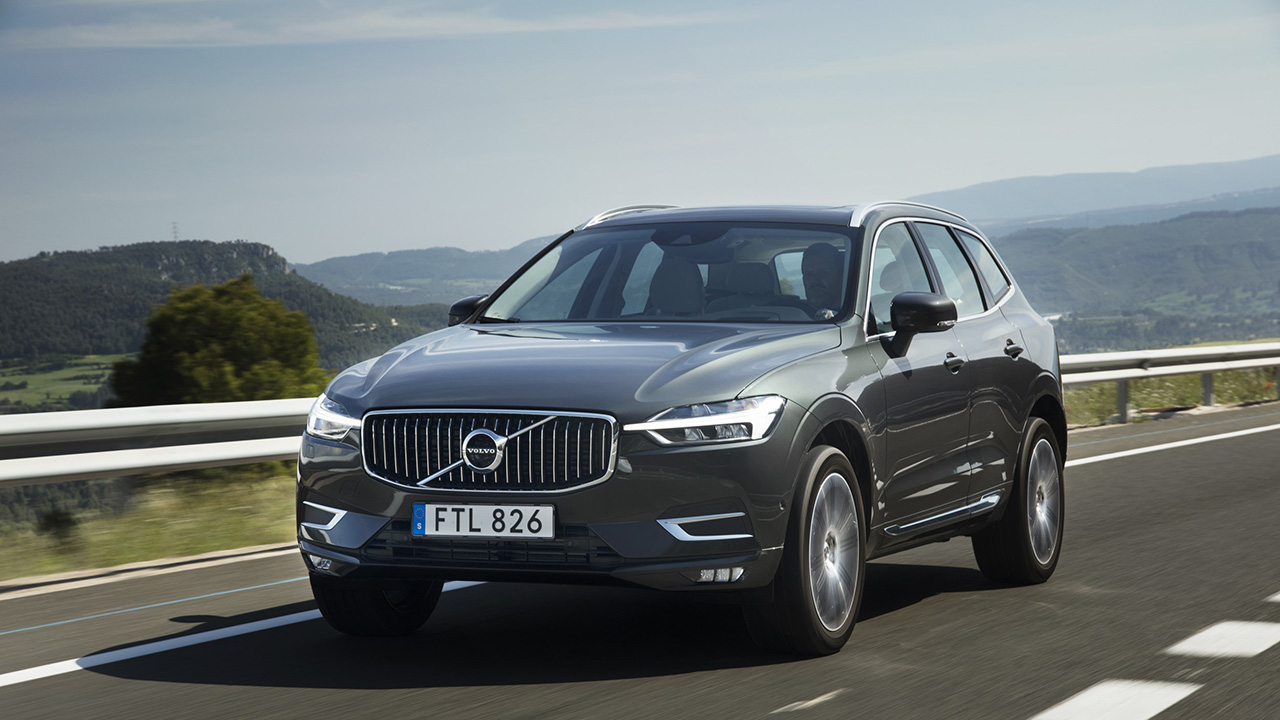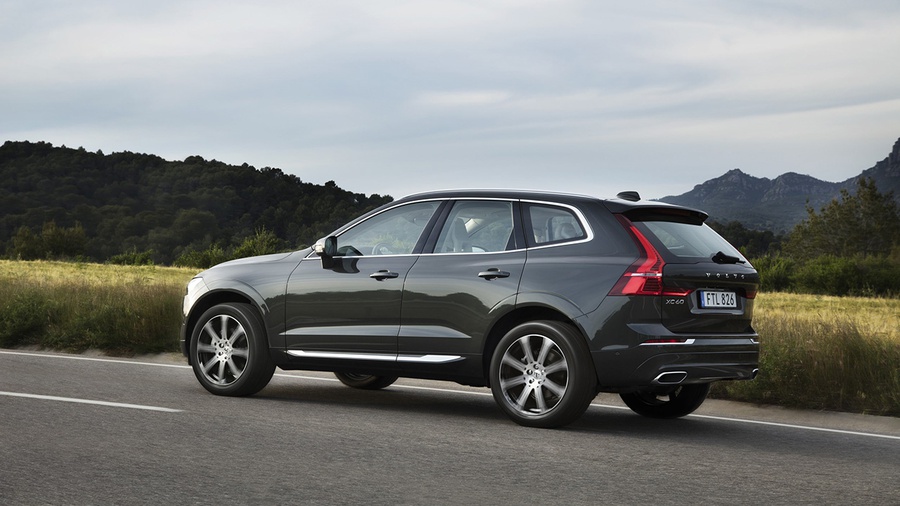As recently as 2019, the majority of Volvo's cars sold in Europe were diesel-powered, as was the case for many other automakers. Electric vehicles made up a very small percentage of sales. However, this trend has reversed. Today, the majority of Volvo's cars are either fully electric or have a plug-in electric hybrid powertrain.
In a press release Volvo Cars said:
"To underline our commitment to those ambitions, today at Climate Week NYC we announce the end of production of all diesel-powered Volvo Car models by early 2024. In a few months from now, the last diesel-powered Volvo car will have been built, making Volvo Cars one of the first legacy car makers to take this step."
This milestone follows Volvo's decision last year to exit the development of new internal combustion engines. In November, the company sold its stake in Aurobay, the joint venture company that held all remaining internal combustion engine assets. As a result, Volvo no longer spends "a single krona" of its R&D budget on the development of new combustion engines.
“Electric powertrains are our future, and superior to combustion engines: they generate less noise, less vibration, less servicing costs for our customers and zero tailpipe emissions,” says Jim Rowan, Chief Executive at Volvo Cars. “We’re fully focused on creating a broad portfolio of premium, fully electric cars that deliver on everything our customers expect from a Volvo - and are a key part of our response to climate change.”
Source: Volvo Cars


